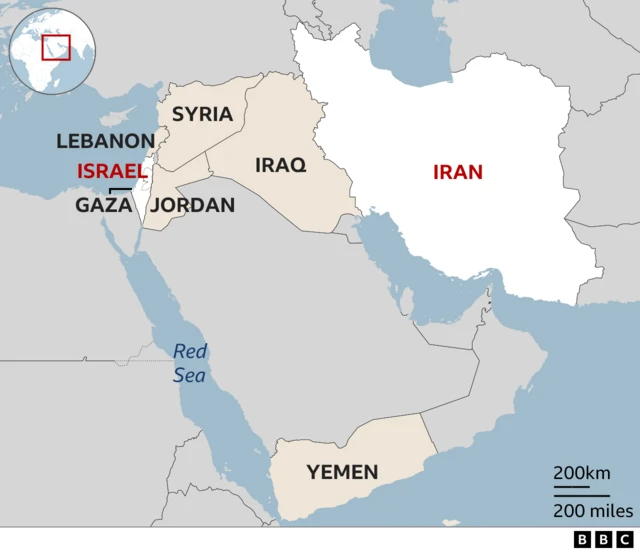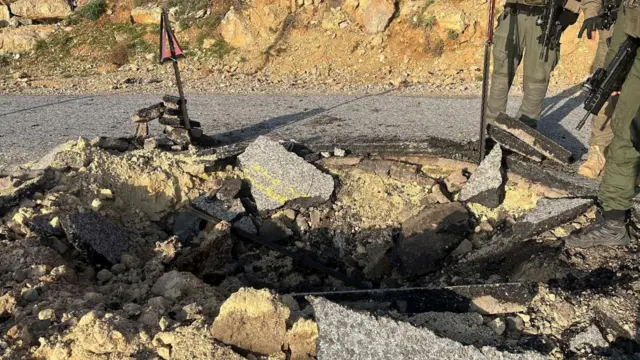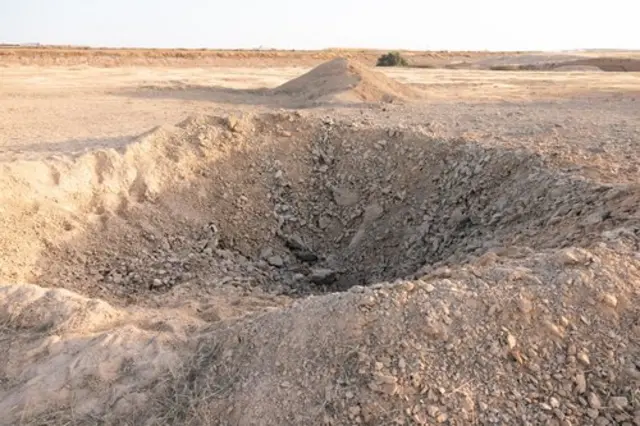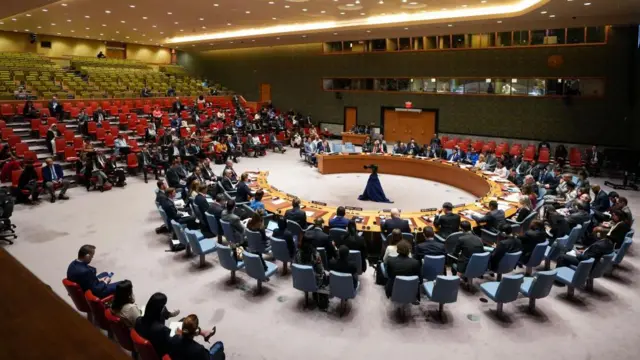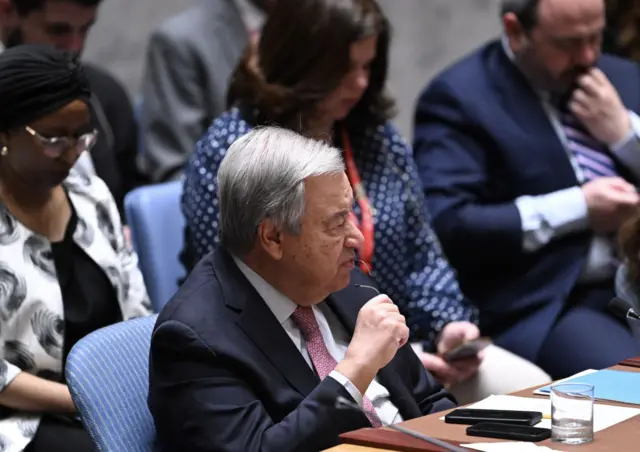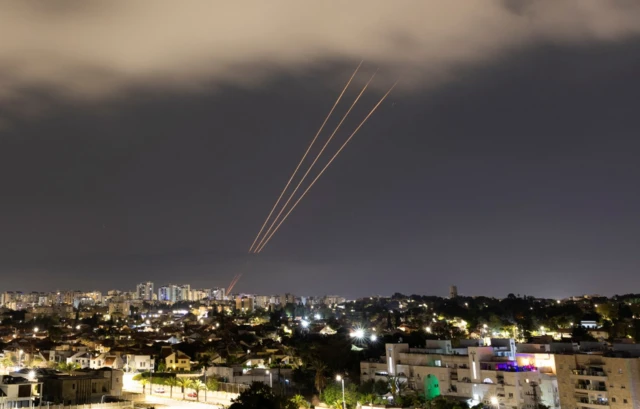Foreign secretary says UK has been pushing to get more aid into Gazapublished at 07:44 BST 15 April 2024
Cameron is now being asked how much influence the UK really has in Gaza.
He says a key example of this is that the government has been pushing to get more aid into Gaza, which is now happening.
He mentions the two recently opened humanitarian routes into Gaza - the Erez Gate and Ashdod Port - and says the UK has trebled its aid budget for Gaza since the war began.
For context: Israel approved the opening of the two routes earlier this month, hours after US President Joe Biden warned Israeli PM Benjamin Netanyahu that Israel needed to take steps to prevent civilian harm and humanitarian suffering if it wanted to maintain US support.


